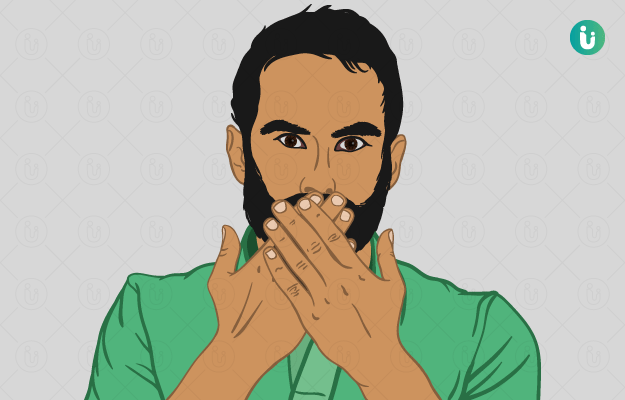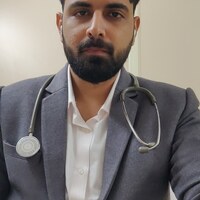What are chronic hiccups?
Hiccups which last over 48 hours without subsiding qualify as chronic hiccups. Hiccups occur when the diaphragm, which is basically a large sheet-like muscle has a spasm, and the vocal cords close immediately after. This is what causes the sound of a hiccup. While hiccups are experienced quite ordinarily by all of us at some time or other, chronic hiccups are less common and must be given medical attention
What are its main associated signs and symptoms?
The major sign of the condition are the hiccups themselves. However, owing to the persistence of the hiccups over such long durations, there are other symptoms that may also be noticed, including:
- Lack of sleep
- Inability to eat or drink anything
- Exhaustion
- Weight loss
- Dehydration
What are its main causes?
The causes of hiccups can vary greatly. However, when someone experiences chronic hiccups, it could be due to:
- A neurological disorder
- Pregnancy
- The effect of recent anaesthesia
- Surgery, especially of the stomach or abdomen
- Problems with the stomach, bowel, liver or diaphragm
- Alcoholism
- Cancer
- Pneumonia or pleurisy
- Multiple sclerosis or other conditions of the central nervous system
- Mental health problems like stress or anxiety
How is it diagnosed and treated?
The diagnosis for chronic hiccups is extremely simple and can be made almost immediately. A detailed history and physical examination will often be enough to diagnose them. However, it is not uncommon for certain imaging studies to be prescribed in order to ascertain the root cause or even related concerns. Your doctor may prescribe a chest or abdominal X-ray to look for any pathology that might be leading to it.
Treatment can vary depending on the condition of the patient, and may include:
- Prescription of chlorpromazine, baclofen or valproic acid
- Treatment for the condition causing hiccups
- Muscle relaxants and tranquilisers
- Surgery to help stimulate the vagus nerve
- Injecting anaesthetic into the phrenic nerve that supplies the diaphragm
- Alternative therapy like acupuncture or hypnotherapy

 Doctors for Chronic Hiccups
Doctors for Chronic Hiccups  OTC Medicines for Chronic Hiccups
OTC Medicines for Chronic Hiccups
 Chronic Hiccups articles
Chronic Hiccups articles

 First Aid for Chronic Hiccups
First Aid for Chronic Hiccups







 Dr. Ayush Pandey
Dr. Ayush Pandey











